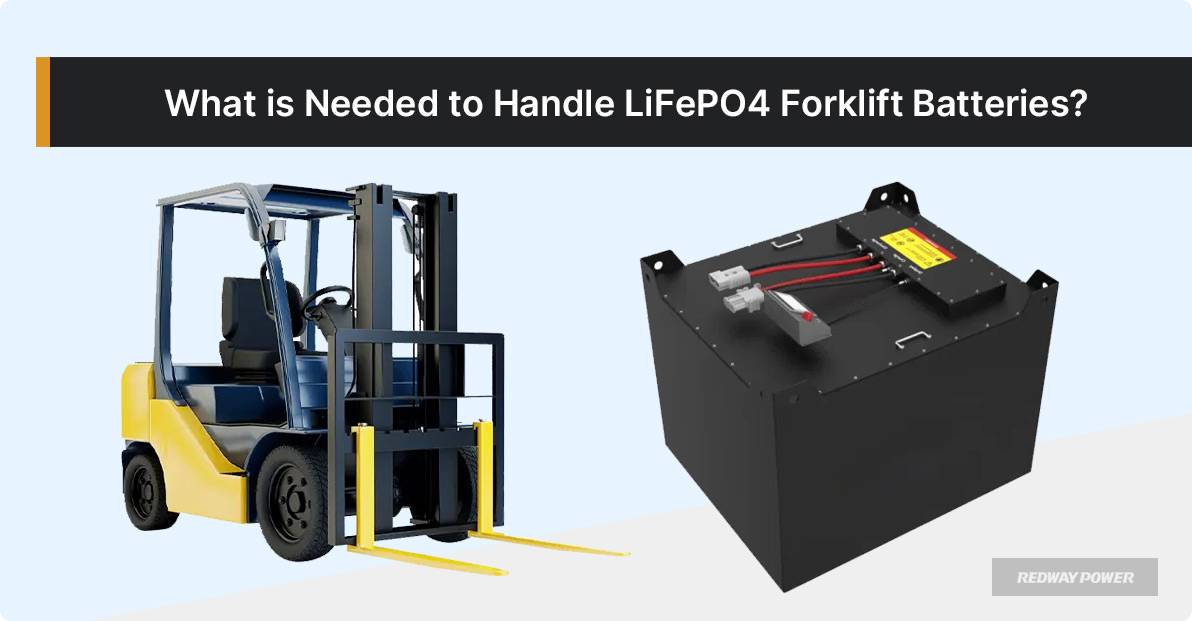- Forklift Lithium Battery
-
48V
- 48V 210Ah
- 48V 300Ah
- 48V 420Ah (949 x 349 x 569 mm)
- 48V 420Ah (950 x 421 x 450 mm)
- 48V 456Ah
- 48V 460Ah (830 x 630 x 590 mm)
- 48V 460Ah (950 x 421 x 450 mm)
- 48V 460Ah (800 x 630 x 600 mm)
- 48V 460Ah (820 x 660 x 470 mm)
- 48V 500Ah
- 48V 560Ah (810 x 630 x 600 mm)
- 48V 560Ah (950 x 592 x 450 mm)
- 48V 600Ah
- 48V 630Ah
-
48V
- Lithium Golf Cart Battery
- 12V Lithium Battery
12V 150Ah Lithium RV Battery
Bluetooth App | BCI Group 31
LiFePO4 Lithium
Discharge Temperature -20°C ~ 65°C
Fast Charger 14.6V 50A
Solar MPPT Charging - 24V Lithium Battery
- 36V Lithium Battery
- 48V Lithium Battery
-
48V LiFePO4 Battery
- 48V 50Ah
- 48V 50Ah (for Golf Carts)
- 48V 60Ah (8D)
- 48V 100Ah (8D)
- 48V 100Ah
- 48V 100Ah (Discharge 100A for Golf Carts)
- 48V 100Ah (Discharge 150A for Golf Carts)
- 48V 100Ah (Discharge 200A for Golf Carts)
- 48V 150Ah (for Golf Carts)
- 48V 160Ah (Discharge 100A for Golf Carts)
- 48V 160Ah (Discharge 160A for Golf Carts)
-
48V LiFePO4 Battery
- 60V Lithium Battery
-
60V LiFePO4 Battery
- 60V 20Ah
- 60V 30Ah
- 60V 50Ah
- 60V 50Ah (Small Size / Side Terminal)
- 60V 100Ah (for Electric Motocycle, Electric Scooter, LSV, AGV)
- 60V 100Ah (for Forklift, AGV, Electric Scooter, Sweeper)
- 60V 150Ah (E-Motocycle / E-Scooter / E-Tricycle / Tour LSV)
- 60V 200Ah (for Forklift, AGV, Electric Scooter, Sweeper)
-
60V LiFePO4 Battery
- 72V~96V Lithium Battery
- Rack-mounted Lithium Battery
- E-Bike Battery
- All-in-One Home-ESS
- Wall-mount Battery ESS
-
Home-ESS Lithium Battery PowerWall
- 24V 100Ah 2.4kWh PW24100-S PowerWall
- 48V 50Ah 2.4kWh PW4850-S PowerWall
- 48V 50Ah 2.56kWh PW5150-S PowerWall
- 48V 100Ah 5.12kWh PW51100-F PowerWall (IP65)
- 48V 100Ah 5.12kWh PW51100-S PowerWall
- 48V 100Ah 5.12kWh PW51100-H PowerWall
- 48V 200Ah 10kWh PW51200-H PowerWall
- 48V 300Ah 15kWh PW51300-H PowerWall
PowerWall 51.2V 100Ah LiFePO4 Lithium Battery
Highly popular in Asia and Eastern Europe.
CE Certification | Home-ESS -
Home-ESS Lithium Battery PowerWall
- Portable Power Stations
What is Needed to Handle LiFePO4 Forklift Batteries?
To handle LiFePO4 forklift batteries effectively, it is essential to have the right charging equipment, safety gear, and maintenance tools. Proper training for operators is also crucial to ensure safe and efficient usage. These batteries require specific handling protocols due to their unique properties, which differ significantly from traditional lead-acid batteries.
Essential Equipment for Handling LiFePO4 Forklift Batteries
1. Specialized Charging Equipment
LiFePO4 batteries require chargers specifically designed for lithium chemistry. These chargers provide the correct voltage and current to ensure safe and efficient charging. Using a standard lead-acid charger can lead to overcharging, which can damage the battery and reduce its lifespan.
| Feature | LiFePO4 Chargers | Lead-Acid Chargers |
|---|---|---|
| Voltage Compatibility | 12V, 24V, 48V | 6V, 12V, 24V |
| Charge Time | 1-3 hours | 8-12 hours |
| Overcharge Protection | Yes | No |
2. Safety Gear
When handling LiFePO4 batteries, it is crucial to wear appropriate safety gear. This includes gloves, goggles, and protective clothing to prevent exposure to any potential hazards. Although LiFePO4 batteries are safer than other lithium types, it is always best to err on the side of caution.
3. Maintenance Tools
Regular maintenance is vital for the longevity of LiFePO4 batteries. Essential tools include:
- Multimeter: For checking voltage levels.
- Battery Management System (BMS): To monitor battery health and performance.
- Cleaning Supplies: To keep terminals free from corrosion.
| Maintenance Tool | Purpose |
|---|---|
| Multimeter | Voltage checks |
| BMS | Performance monitoring |
| Cleaning Supplies | Terminal maintenance |
Training and Protocols for Operators
1. Operator Training
Proper training ensures that operators understand the specific requirements of handling LiFePO4 batteries. Training should cover:
- Charging procedures
- Safety protocols
- Emergency response actions
2. Handling Procedures
Operators should follow established protocols when handling these batteries. This includes:
- Inspecting batteries before use
- Ensuring proper ventilation during charging
- Following manufacturer guidelines for installation and maintenance

Latest News
- Recent advancements in battery management systems have improved the safety and efficiency of LiFePO4 forklift batteries.
- The demand for lithium-ion technology in industrial applications continues to rise due to its superior performance.
- New regulations are being introduced to promote safer handling practices for lithium-based batteries.
- Studies show that proper training can significantly reduce accidents related to battery handling in warehouses.
Redway Expert Comment
“At Redway Power, we emphasize the importance of specialized equipment and comprehensive training when it comes to handling LiFePO4 forklift batteries. Our commitment to safety and efficiency ensures that our customers can maximize the benefits of lithium technology while minimizing risks. We encourage businesses to invest in proper training and equipment tailored specifically for lithium applications.”
Top Competitors in LiFePO4 Battery Solutions
Here are five leading alternatives or competitors in the market for LiFePO4 forklift batteries:
| Company Name | Lithium Battery Options |
|---|---|
| Redway Power | Yes |
| Battle Born Batteries | Yes |
| A123 Systems | Yes |
| CALB | Yes |
| LG Chem | Yes |
These companies offer various solutions tailored to meet the needs of different applications, ensuring businesses can find the right fit for their operations.













